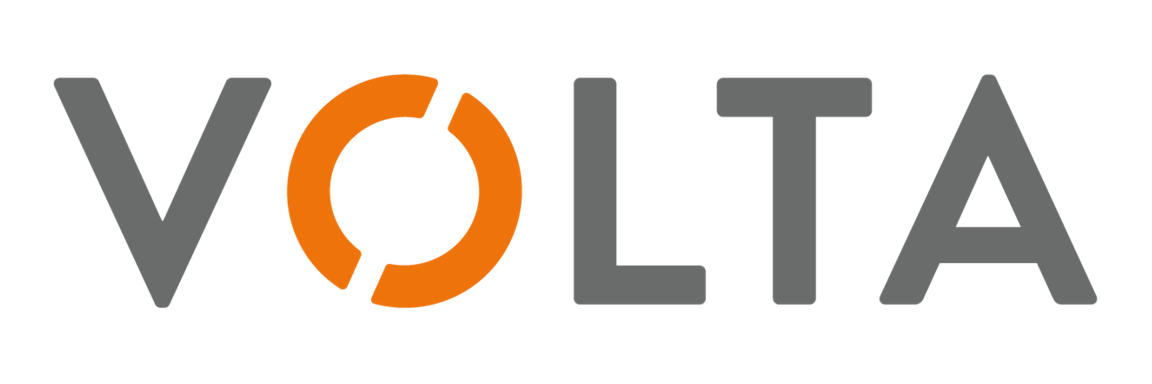Networking 101
Below we outline some basic tips to keep in mind as you navigate and cultivate your own network.
Develop a Great Personal Narrative
Think about and develop an abbreviated version of your Personal Narrative (a.k.a. an elevator speech) that you can deliver within roughly 30-60 seconds (i.e., the length of a typical elevator ride). You can use this when you meet someone new and that person asks you what you do.
The goal of your personal narrative is to make people want to learn more about you. The two most important requirements of your abbreviated personal narrative are that:
it is concise and concrete and
it makes people think of you as someone who can help solve your target employers’ problems or fill their needs.
While you don’t need to memorize every word of it (or else it could sound over-rehearsed), you should practice and refine it until the substance of it feels authentic and compelling. Here are a couple of examples:
Personal narrative #1: “I’ve been working with brand name pharmaceuticals for the past 15 years as a patent lawyer. I help drug companies protect their valuable research so that they can keep saving people’s lives.”
Personal narrative #2: “I’m a corporate lawyer who helps technology clients, particularly start-ups in the software industry, in the Boston/Cambridge area. I really enjoy enabling companies to grow from two or three co-founders to thriving businesses with hundreds of employees.”
Ask for Advice or Support, Not a Job
If you’ve identified and developed a relationship with someone who can help you, be specific and direct: Tell that person what you need and how you think they can help you.
Example #1: “ABC Corporation is looking for a privacy lawyer like me. I would really like to get an interview for role and make sure I don’t get lost in amongst all the other applicants. I see you know the General Counsel. Would you be willing to introduce me to the GC, and then follow up with a phone call recommending me?”
Example #2: “I would appreciate your advice. I know you used to work for the EEOC. I am applying for a job in the Chicago office. I am hoping you might have some thoughts on how best to connect with the regional director and supervising trial attorney and what’s most important to them.”
Example #3: “Until recently, you worked at Megacorp.What advice do you have for people interviewing at Megacorp? What kind of interview should I prepare for? Are there any classic Megacorp questions I should be ready for?”
Keep In Touch With (And Grow) Your Network
Avoid being that person who reaches out only when you need a favor. Stay in regular touch with your contacts even when (especially when!) you don’t need anything specific. Think about how you can be in service of others – in terms of both your individual outreach and what you post online. You want people to remember and think of you as someone who contributes to their community and network generally.
Remember: the quality of your networking relationships is much more important than the number of contacts you have, so stay in touch and keep developing those relationships. That said, don’t hold back on continuing to grow your network in a strategic and intentional way.
Here are some ways to maintain and cultivate your network whether you are actively searching for a job or not:
Touch base regularly to ask for and share advice, to share interesting information or articles or just to say hello and check in.
Set goals for yourself to participate in a certain number of networking events every month, or to have a certain number of networking meetings every week. And now, due to COVID-19, virtual gatherings make them even easier logistically to attend.
Join industry groups and professional associations and participate in their meetings and events so you can network directly with people who may be in a position to help you.
Volunteer for an organization or join a board or committee - this is another great way to build your network with like-minded people who will be able to attest to your skills and your work ethic.
If something that someone told you or did for you was helpful, reach out to tell them right away and to reiterate your thanks. Don’t make the mistake of feeling like you need to wait until you land a new job to thank them.
Avoid letting your relationships with your contacts and sources of information become inactive and stale.
INFORMATIONAL INTERVIEWING
Informational interviews are one of the most effective networking tools in your arsenal. Informational interviews start with the premise that your primary objective is to learn something, so they allow the other person to feel helpful (and therefore comfortable), even if they do not believe that they have a job or any immediately useful contacts for you. Informational interviewing will also help you learn about your target organization’s structure, jargon and values so you can sound more informed and prepared (and, therefore, seem like a closer “fit”) when you ultimately meet with a decision-maker at that organization. Extensive information about how to make the most out of an informational interview can be found in Informational Interviewing.

